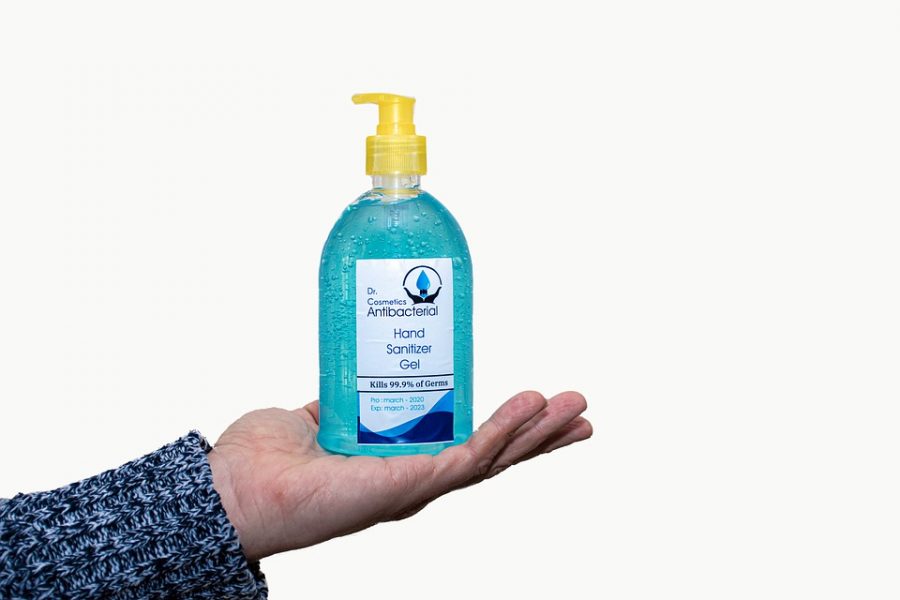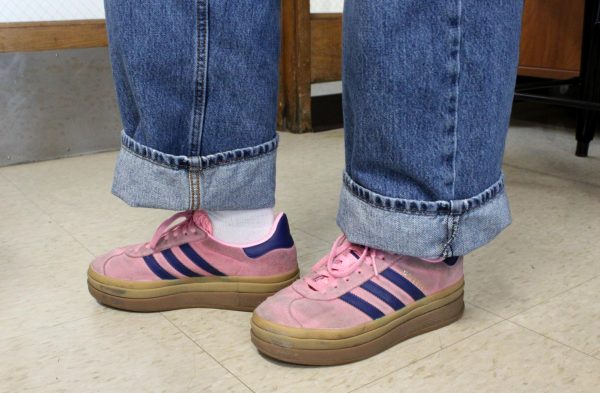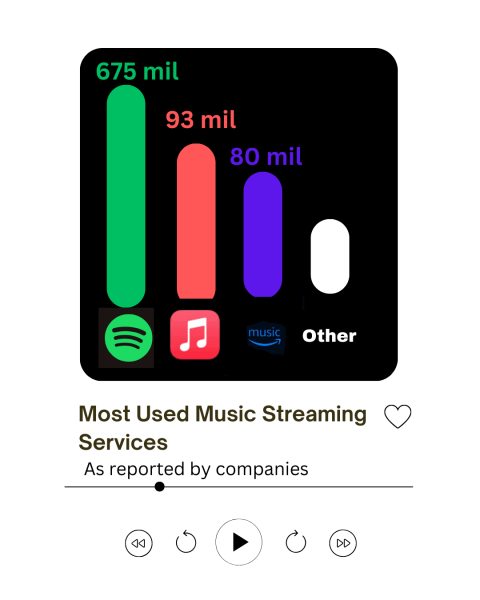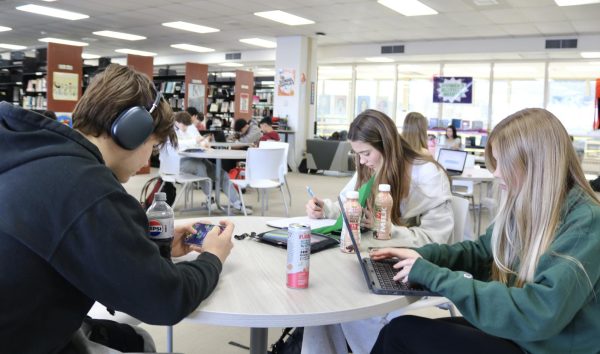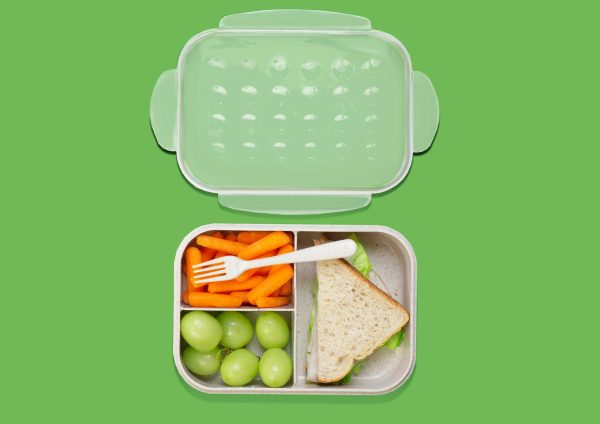Price gouging isn’t ethical
Say you want a mask to help prevent the spread of the coronavirus. One person was selling a box of masks in Covina, California… for $300. This is an example of price gouging, which according to Legal Dictionary, is raising the prices of goods, services or commodities to an unfair or unreasonable level.
During times of crisis, price gouging is unethical and doing so forces buyers to make difficult decisions.
Some may consider it a smart use of circumstances to make a profit. The vendor may realize that supply is down and demand is up for a certain item, causing them to raise their prices. This is especially true after the events of a hurricane or tornado, where people in destroyed areas will be needing necessary goods such as water. The reason this practice is wrong is because buyers are forced to make the choice between an expensive but necessary item or saving their money for alternatives that could help.
Recently, a horrible example of price gouging occurred in Tennessee, where a man bought bottles of hand sanitizers to hoard before the coronavirus hit the U.S. According to The New York Times, he ended up stockpiling more than 17,000 bottles in his garage, which he began to sell to consumers at a higher price.
If there are people out there needing hand sanitizer to reduce their chances of infection and with stores being sold out, they would either have to risk sacrificing their health or buy the expensive hand sanitizer. Lives are at stake in an event such as the coronavirus pandemic, and everyone should have easy access to necessary goods amidst the carnage. And if that man in Tennessee wasn’t able to find many buyers, he would be left with thousands of bottles, which would be a disastrous waste of resources that others could’ve been using.
The New York Times later published another article regarding the incident, saying that the man ended up donating all of his hand sanitizer to people in need right when Tennessee’s attorney general’s office started investigating him for price gouging.
In an event such as a hurricane or pandemic, resources must be available for professionals and the general populace. If vendors or companies jack up their prices unreasonably, only the people with enough money can afford to pay the extra amount. This leaves people who are on the less fortunate end of the wealth gap exposed to the unfortunate situation of price gouging especially.
Another example of price gouging occurred during Hurricane Harvey in 2017. In a story run by Newsweek, it was reported that some companies were selling cases of water for $99, while gasoline prices rose to $2.17/gallon as opposed to the $2.14/gallon price the week before. At hotels, it was said that prices were rising six to seven times their normal amount.
Individual vendors aren’t the only culprits of price gouging: Companies also price gouge. This is especially unethical because big companies are the ones that should be taking initiatives to aid those affected. I find it upsetting when the companies with the means of production for an essential good decide to make money off of people’s desperation rather than keeping prices the same or even lowering them.
It’s scary to see where people’s goals can go when faced with the choice of making more money or not. If their priority is to make more money, then price gouging would be the route to take, yet this would be at the cost to people’s wallets, and potentially their lives. Especially during an event that leaves someone with damaged or missing property, the least of their worries should be about access to basic necessities. These people have enough to worry about with the effects of a hurricane, pandemic, earthquake or whatever it may be. Their priority rests in restoring safety to their lives, something price gouging prevents.



